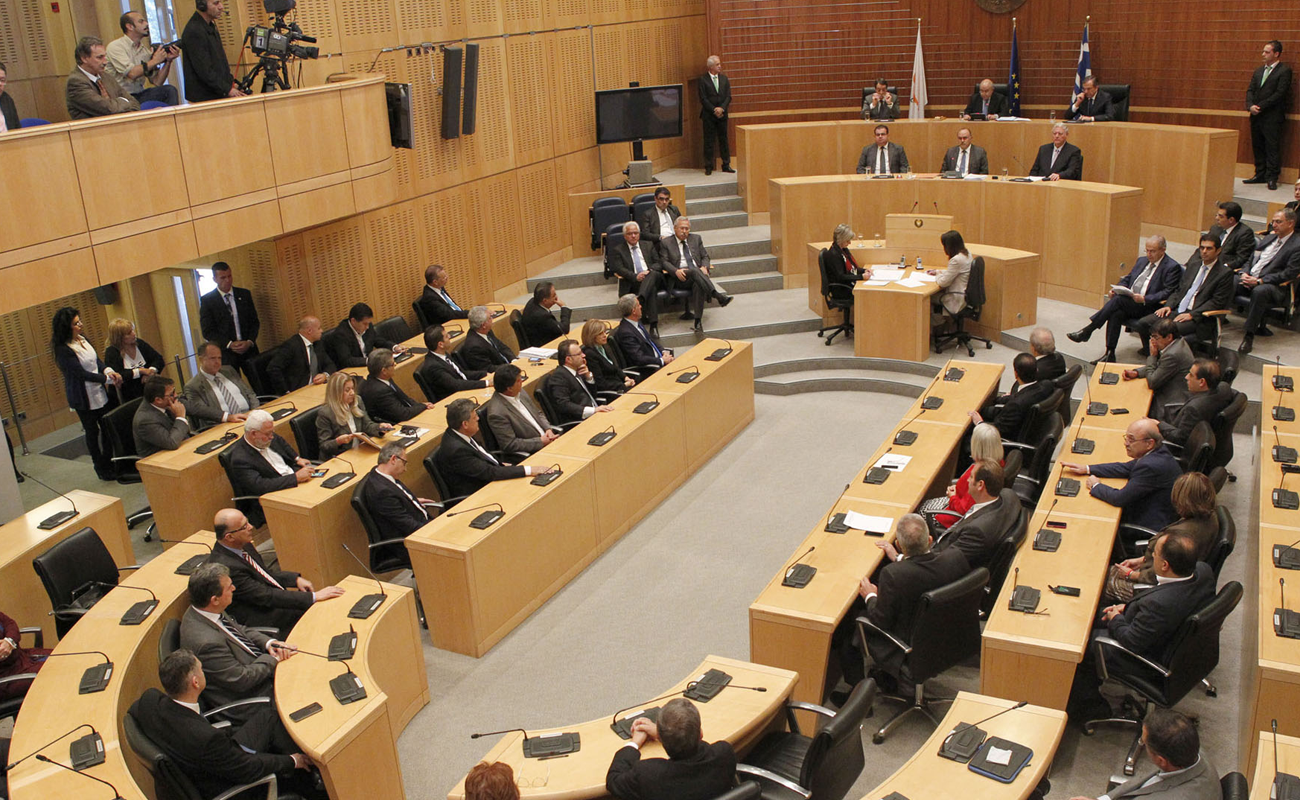
Humanists call on Cyprus to respond on anti-atheist school lessons
Humanists welcome progress in Cyprus, but concern remains on discrimination against atheists

Humanists welcome progress in Cyprus, but concern remains on discrimination against atheists
Humanists International and the Cyprus Humanist Association has commended Cyprus on its Universal Periodic Review at the 41st session of the United Nations Human Rights Council. But there remain concerns about the law on “religious insult”, and school lessons that attacked atheists as “immoral”.
The statement welcomed the enactment of the Law on Civil-Partnership for same-sex couples and the amendment of the criminal code to tackle hate speech based on gender and sexual-orientation. The statement also congratulated the Cypriot Parliament for its liberalization of voluntary abortion laws.

Education resources provided by the government of Cyprus blame atheism on egotism, materialism, and “supreme ingratitude”
However, Humanists International also took the opportunity in its statement to raise again the issue of the existence of an official resource for the classroom which derogatorily mischaracterises atheists as inherently selfish and as acting “without moral inhibitions”. Humanists International called on the Government to provide information on what measures are being taken in relation to this issue and reminded it that no belief group should be demonized and marginalized in this way.
The statement also highlighted laws that need the attention of the Cypriot Parliament including the criminalization of religious insults in the country. Humanists International pointed out that elements of the Criminal Code fall short of human rights standards to the extent that they prohibit the expression of views that religious people could perceive as insulting. Humanists International reminded the Cypriot delegation and the Council that such prohibitions do not comply with the right to free of expression as stated in UN General Comment No. 34. In its statement, Humanists International recommended that the State amends the Criminal Code to bring it in line with international and European human rights law.
The statement follows in full below:
41st Session of the UN Human Rights Council (24th June – 12th July 2019)
Universal Periodic Review: Cyprus
Jessica McDonaldThis statement is supported by the Cyprus Humanist Association
Humanists International commends Cyprus on some important legal developments in the country since its last review.
We welcome the enactment of the Law on Civil-Partnership for same-sex couples and the amendment of the criminal code to tackle hate speech based on gender and sexual-orientation.
Humanists International also congratulates the Cypriot Parliament for the liberalisation of voluntary abortion laws.
Overall, we are very pleased to see the country accepted all of the UPR recommendations on LGBTI and women’s rights issues.
However, we would like to call the attention of Cyprus and that of the Council to the criminalisation of religious insults in the country. Articles 138, 141 and 142 of the Criminal Code fall short of meeting human rights standards to the extent that they prohibit expressions that religious people can perceive as insults to their religion. As stated in General Comment No. 34 of the Human Rights Committee, restrictions in this area comply with freedom of expression only when they apply to speeches that amount to incitement in the sense envisaged under Article 20 of the International Covenant on Civil and Political Rights.
Humanists International recommends the country amend the Criminal Code to bring it in line with international and European human rights law.
Lastly, we take this opportunity to follow-up on an issue that our member organisation, Cyprus Humanist Association, brought to the attention of the government last year. That is: the existence of an official school textbook that included derogatory mischaracterizations of atheists as inherently selfish and people that “act without moral inhibitions.” We ask the Government to provide information on what measures are being taken in relation to this issue and remind it that no belief group should be demonized and marginalized in this way.